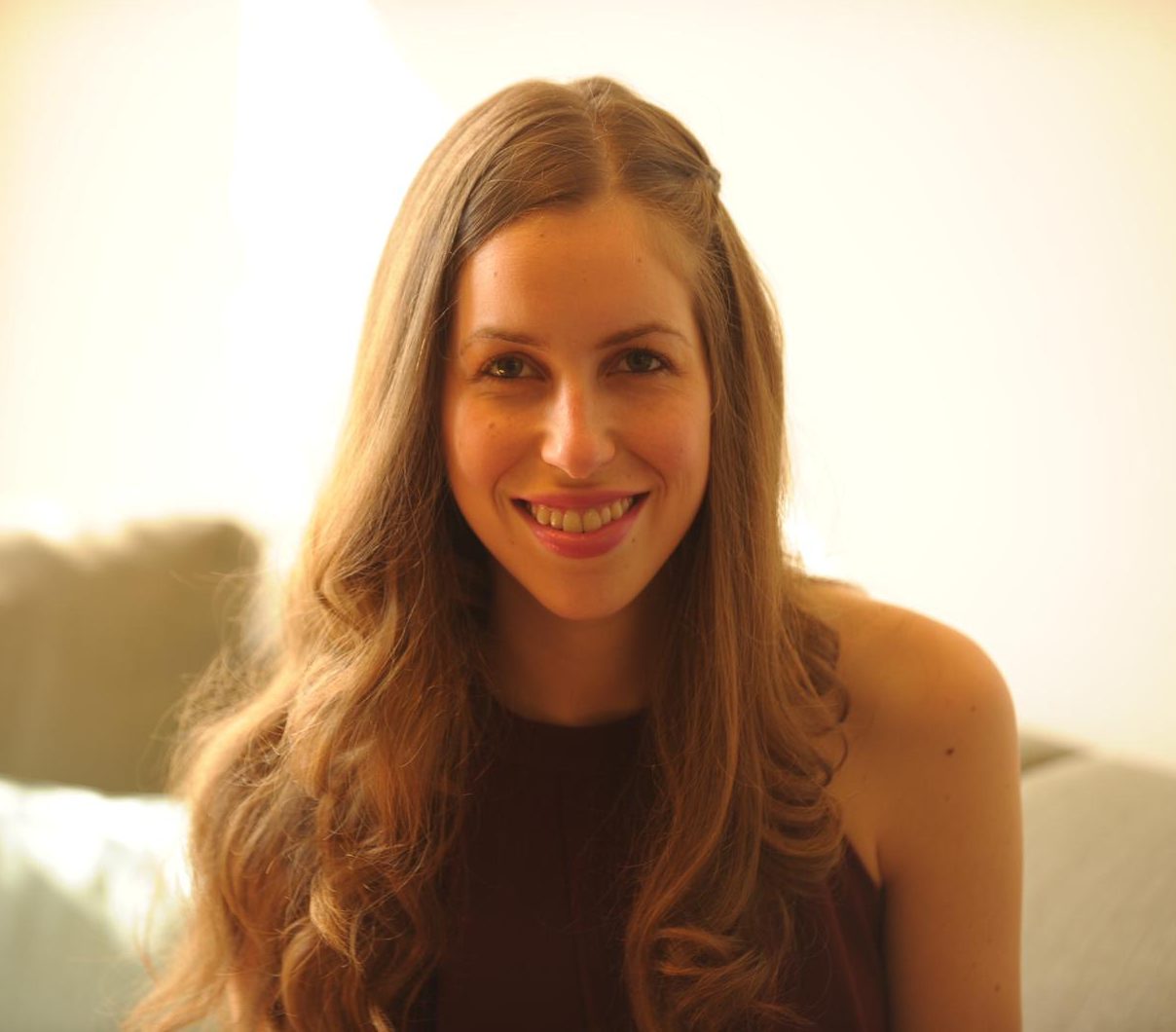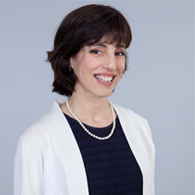For occupational therapists, the moment when your patient makes a breakthrough and begins to believe in themselves again is priceless. At Ono Academic College, you can study this unique therapeutic profession and prepare yourself for many such moments. If you have always wanted to join a profession that restores people’s health and capabilities and aids in designing accessible human and physical environments for patients, our unique program will give you the best possible foundation.
Occupational therapy includes working with diverse populations from infancy to old age. A career in this field could see you working within a variety of frameworks such as hospitals, health funds, the Ministry of Education, the Ministry of Welfare, and the possibility of working in a private clinic.
If you’re committed to helping those who need it most and want a career where you can make a real impact, this is the program for you.
Topics of study include:
Skills you will have upon graduation
Career opportunities in the field
Graduates of the degree work as occupational therapists in the following settings:
Among the subjects studied
First Year
Second Year
Third Year
Fourth Year
*Example curriculum and is subject to change




